Super secondary science lessons to spark students’ learning
Like getting more scientific bang for your buck? Try these lessons that cover a combination of biology, chemistry and physics at the same time

- by Teachwire
Inside your download
How to teach students to think like a scientist
Put learners in the shoes of the original experimenters to gain a deeper understanding of their theories
How to grow and maintain a school garden
Help learn all about science in nature by turning unused land into an eco garden
How to teach the science behind colours and emotion
Help your pupils understand how the interplay of chemistry and light affects the colours we see, and in turn the emotions we feel
How to ditch the science stereotypes and promote STEM careers
The ‘nerd scientist’ cliché isn’t just tired – it’s actively stopping students with an aptitude for science for realising their career ambitions
How to use archaeology to teach essential aspects of biology, chemistry and physics
Get students delving into the fascinating world of archaeology to help them understand essential aspects of biology, chemistry and physics
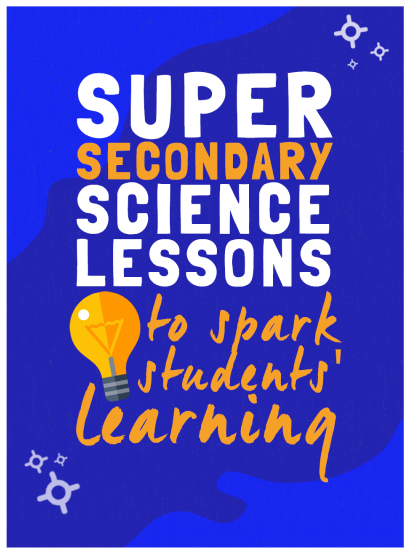
Related Articles
- Christmas activities – Best festive resources for EYFS, KS1, KS2 & beyond
- Climate change for kids – Best global warming teaching resources
- Teacher shortage subjects – How we’ve avoided supply for 3 years
- Earth Day activities – Great 2025 ideas for schools
- British Science Week – Best 2025 stress-free experiments and ideas

CPD Downloads
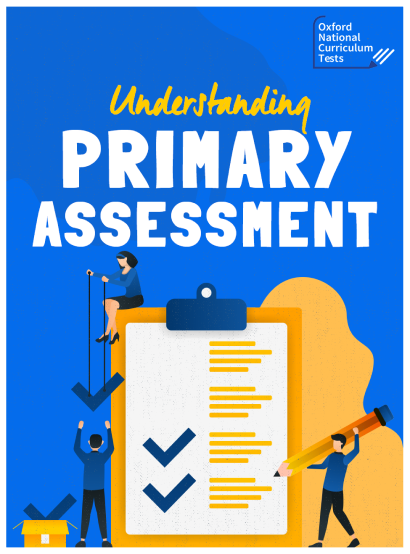
Make sure your assessment is effective with these expert insights
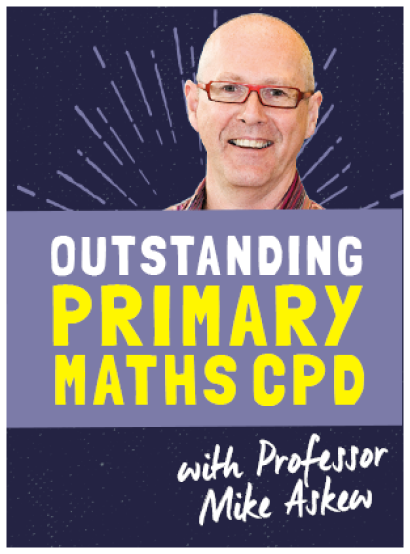
Professor Mike Askew provides advice around three areas of primary mathematics to help you become a better teacher
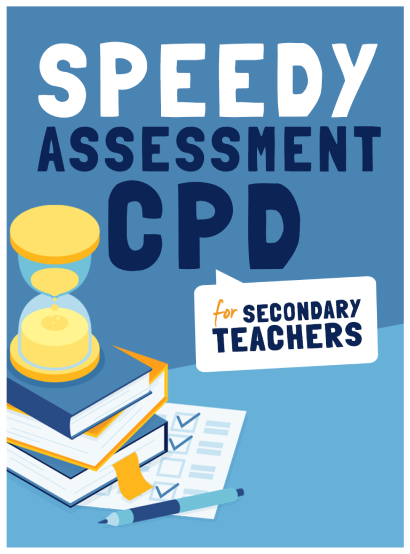
Education experts David Didau, Daisy Christodoulou and Emma McCrea are here to help you improve your assessment methods
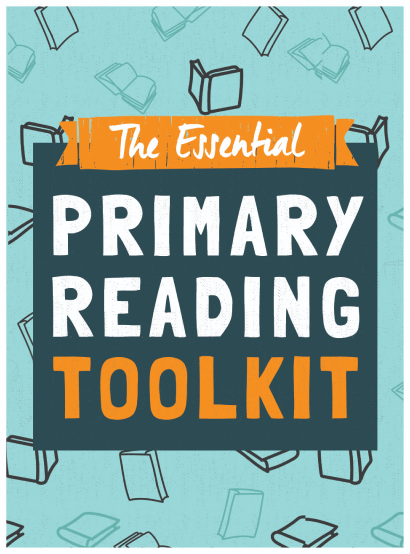
Discover creative lesson activities and innovative teaching practices in this CPD box set full of ideas for boosting reading ... more

This eight-part series will give you practical suggestions for helping autistic children – during Autism Acceptance Week an... more
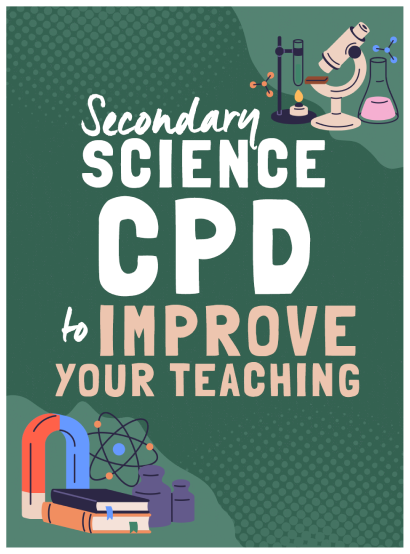
From engaging Year 7s in science to seeing secondary students through their GCSEs, our experts are here to guide you

